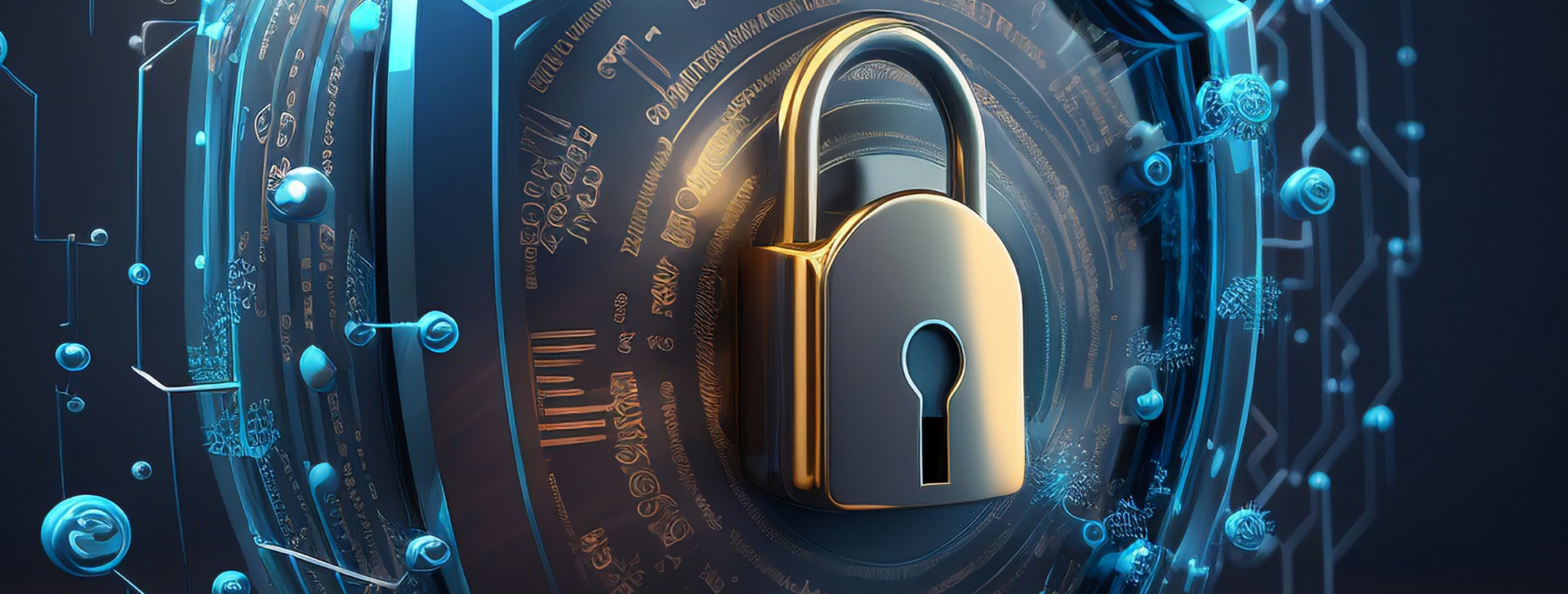When it comes to cybersecurity for business, there are several “must-haves” to ensure a strong security network. Be sure your network is configured securely by following our essential tips:
1. Firewall:
This controls incoming and outgoing network traffic, filtering out potential threats.
2. Antivirus:
Install antivirus to detect and remove malicious programs, viruses, and malware.
3. Regular Software Updates:
Keep all software and operating system applications up to date as the latest patches and security updates will protect against known vulnerabilities.
4. Strong Password Policies:
All employees should follow strict password policies. This includes complex passwords, regular password changes, and multi-factor authentication (MFA).
5. Employee Training and Awareness:
88% of data breaches are due to an employee mistake. Decrease this chance by implementing a training program.
6. Data Backup and Recovery:
Regularly back up critical data and ensure the backups are stored securely. Consult with your IT team to test the restoration process.
7. Access Control:
Implement the principle of least privilege. This is when a user is given the minimum level of access required to perform their job. For example, someone in the marketing department should not be given access to financial records. Regularly review and revoke unnecessary privileges.
8. Incident Response Plan:
Create a plan that outlines steps to be taken in the event of a security breach. Regularly review this plan, update as needed, and test its effectiveness.
9. Encryption:
This security measure ensures that even if your data falls into the wrong hands, it remains protected and inaccessible.
10. Vender Security:
Evaluate the security practices of third-party vendors. Many hacks occur because of a breach from partners who have access to a business’s system and data. If they do not have adequate security measures in place, it could be detrimental for your company.
11. Network Monitoring:
Around the clock monitoring tools and detection systems alert implementors of suspicious activity so it can be taken care of promptly.
12. Security Audits:
Perform regular security audits to identify any weaknesses, test the effectiveness of security measures, and ensure compliance with industry standards.
Keep in mind that cybersecurity is a continuous endeavor. Staying up-to-date with evolving threats, advancements in technology, and best practices is essential to maintain a robust cyber network. Don’t hesitate to consult a security professional for further expertise and guidance.


